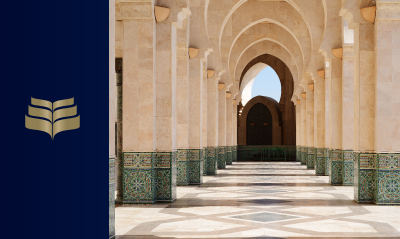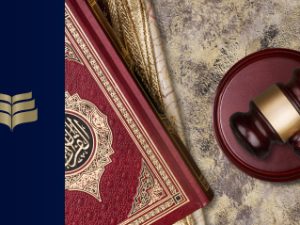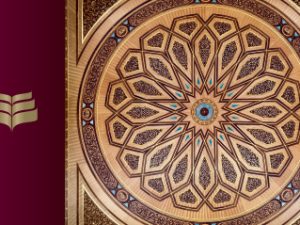Umdatul Ahkaam (Salaah)
- Description
- Curriculum

“And establish prayer and give zakah and bow with those who bow (in worship and obedience).” [2:43]
“Verily, as‑Salaah (the prayer) is enjoined on the believers at fixed hours” [4:103]
Salaah is from the pillars of Islaam and the most important pillar after the testimony of faith. The Prophet (صلى الله عليه وسلم) said, “Indeed, when one of you prays, he speaks privately with his Lord.” [Bukhaaree] Salaah is also an individual obligation. The companions of the Prophet (صلى الله عليه وسلم) were in agreement that the one who abandons it intentionally then this is an act of disbelief. The benefits of salaah are many. Allaah says, “Verily, prayer prevents from shameful and unjust deeds.” [29:45]
The Prophet (صلى الله عليه وسلم) was sent, by Allaah, to guide mankind. He (صلى الله عليه وسلم) showed us exactly how to worship Allaah in a manner pleasing to Him. How did the Prophet (صلى الله عليه وسلم) perform the prayer? Are we performing our five daily prayers in a similar fashion?
The course is based on the classical Hanbali text ‘Umdatul Ahkaam compiled by the eminent scholar al-Haafidh ‘Abdul-Ghaniyy al-Maqdisi. It is a summarised work of prophetic traditions related to rulings (ahkaam).
In this course you will learn the following:
– Why is it important to perform salaah?
– What is the virtue of performing prayer at its earliest time?
– How did the Prophet (صلى الله عليه وسلم) perform the salaah?
– What are the pillars, obligations and recommendations of salaah?
– What are those things disliked in the prayer?
– What are the prohibited times to pray?
– What do we recite in Salaah?
– What is the minimum amount of recitation in a rak’ah?
– Are we to make up for the prayers missed? If so, how are we to make them up?
– What are the benefits of praying in Jamaa’ah? What is its ruling?
– What is said concerning the Adhaan and Iqaamah?
– How is the prostration of forgetfulness performed? Is purity a condition for it?
– Can we walk past someone who is in prayer?
– What are the various methods/ways of performing salatul Witr? What is its ruling?
– When is it best to make du’a – before or after the tasleem?
– How can we attain khushoo’ in salaah?
– Is it the prayer of the traveller different to the one who is resident?
– How is salatul ‘Eid performed?
– What is salatul Kusoof and salatul Khawf?
-
1Umdatul Ahkaam (Salaah) - Lesson 1
-
2Umdatul Ahkaam (Salaah) - Lesson 2
-
3Umdatul Ahkaam (Salaah) - Lesson 3
-
4Umdatul Ahkaam (Salaah) - Lesson 4
-
5Umdatul Ahkaam (Salaah) - Lesson 5
-
6Umdatul Ahkaam (Salaah) - Lesson 6
-
7Umdatul Ahkaam (Salaah) - Lesson 7
-
8Umdatul Ahkaam (Salaah) - Lesson 8
-
9Umdatul Ahkaam (Salaah) - Lesson 9
-
10Umdatul Ahkaam (Salaah) - Lesson 10
-
11Umdatul Ahkaam (Salaah) - Lesson 11
-
12Umdatul Ahkaam (Salaah) - Lesson 12
-
13Umdatul Ahkaam (Salaah) - Lesson 13
-
14Umdatul Ahkaam (Salaah) - Lesson 14
-
15Umdatul Ahkaam (Salaah) - Lesson 15
-
16Umdatul Ahkaam (Salaah) - Lesson 16
-
17Umdatul Ahkaam (Salaah) - Lesson 17
-
18Umdatul Ahkaam (Salaah) - Lesson 18
-
19Umdatul Ahkaam (Salaah) - Lesson 19








